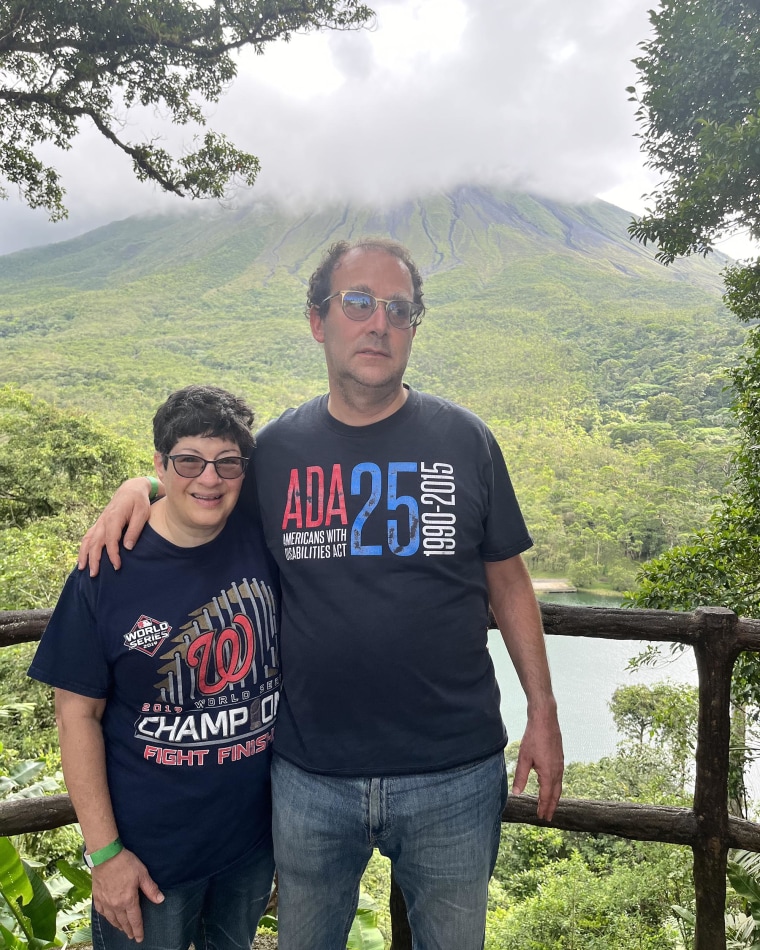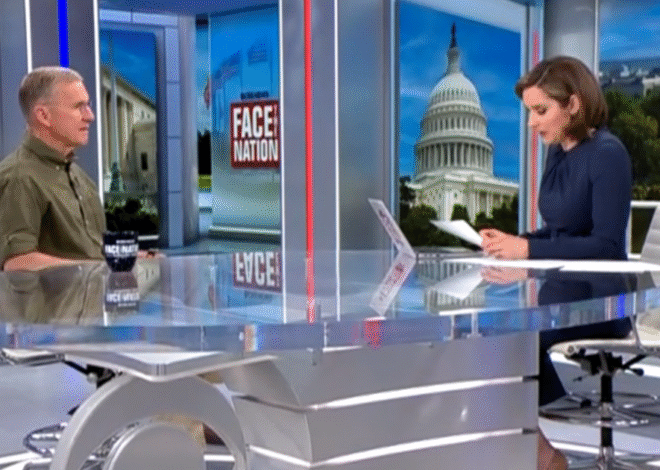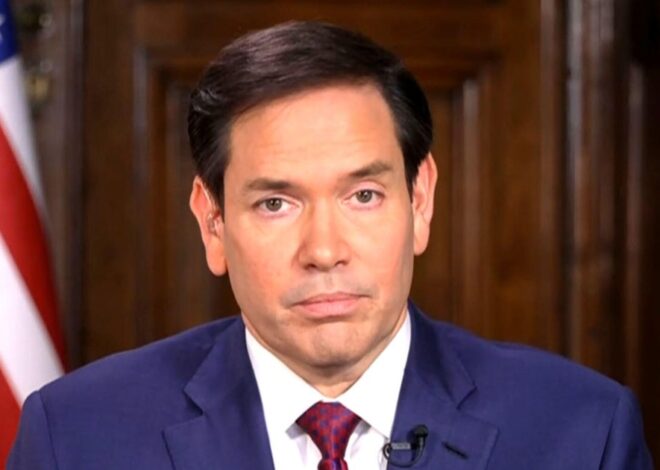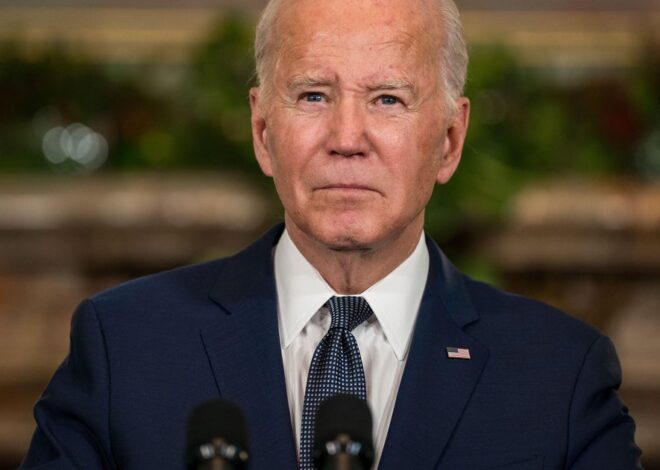
Does Health Secretary Kennedy Misunderstand the Autism Community?
Does Health Secretary Kennedy Misunderstand the Autism Community?
In just two months as Health Secretary, Robert F. Kennedy Jr. has brought more public attention to autism than most recent officials. While autism advocacy groups usually welcome such focus, many in the autistic community say Kennedy’s comments are harmful — reinforcing outdated stereotypes and using their experiences to push anti-vaccine views.
“Tragedy” or Misunderstanding?
At an April press conference about autism rates among school-age children, Kennedy called autism an “epidemic” and a “tragedy” that “destroys families.” “These are kids who will never pay taxes, they’ll never hold a job, they’ll never play baseball, they’ll never write a poem, they’ll never go out on a date. Many of them will never use the toilet unassisted,” Kennedy said.
In response, 15 advocacy organizations released a joint statement urging respect for autistic individuals and criticizing harmful rhetoric. They said such views fail to “reflect the inherent value, rights, and diverse needs of autistic people.”
Autistic Voices Push Back
Zoe Gross, Director of Advocacy at the Autistic Self Advocacy Network, disagreed with Kennedy’s portrayal. “It was a challenge for our parents, but our family wasn’t destroyed,” said Gross, who is autistic and has a brother on the spectrum.
Ari Ne’eman, a Harvard professor and autism advocate, said Kennedy’s views align with a long history of fearmongering. “There’s an industry of alternative treatments that profits by scaring families,” said Ne’eman, who is also autistic.
The Reality: Autistic Lives Have Value
While Kennedy later clarified that he was referring to those with “profound autism,” critics say his comments still reinforced the idea that autistic lives lack value.
Alison Singer, president of the Autism Science Foundation, agreed that people with significant needs deserve attention, but added, “He made it sound like these individuals’ lives had no value if they couldn’t pay taxes… My daughter and brother both have profound autism. They live meaningful lives.”
Living Proof: Autism Isn’t a Barrier to Success
Philip Weintraub, diagnosed with autism, didn’t speak until he was five. With therapy and support, he grew up to play sports, volunteer for political campaigns, and work in tech. He’s now married and lives independently with his wife Liz, who has cerebral palsy.
“We are coming up on our 20th anniversary,” he said.
Outdated Views, Modern Realities
Kennedy’s comments about curing autism and referencing only children reflect an outdated view, said David Mandell of the Children’s Hospital of Philadelphia. He noted Kennedy ignores adult autistic people entirely, stating he’s never seen an adult his age with autism symptoms.
“Kennedy is not just excluding autistic adults from the conversation — he’s denying our existence,” said Ne’eman.
Policy Moves That Could Hurt Autistic People
Critics also point to Kennedy’s support for dismantling federal programs that serve disabled communities. Kristyn Roth of the Autism Society of America warned that eliminating the Administration for Community Living (ACL) could have devastating consequences.
The ACL oversees programs that help people with disabilities live independently, such as Meals on Wheels and community support services. Half of the ACL’s staff have reportedly been laid off.
Additionally, proposed Medicaid cuts could gut services crucial to autistic individuals, including medical care, therapy, and caregiver support. “Medicaid is a literally lifesaving program for so many people in our community,” said Roth.
Listen to Autistic People
With over 5 million autistic adults in the U.S., advocates stress the importance of including their voices in policy and media discussions. “You don’t know what’s possible for your kid when they’re 3 years old,” said Gross. “That’s why support, respect, and opportunity matter.”



